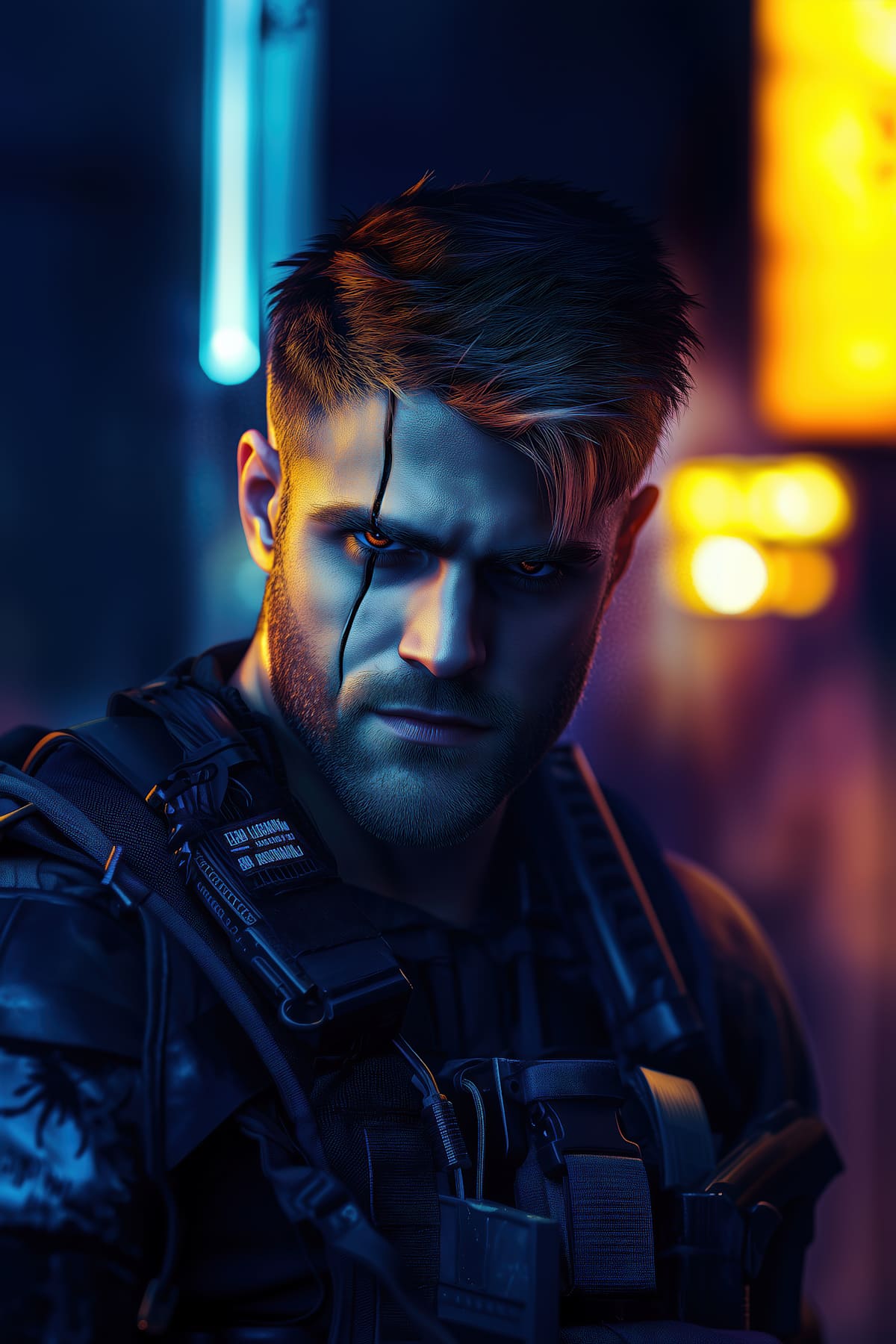Just what is an anti-hero? The term gets tossed around quite frequently but rarely is it explained. One way of defining the anti-hero character is as a conflicted and flawed character who doesn't have the typical values of a traditional hero. The anti-hero's actions may be noble, but are not necessarily carried out for good reasons.
I would amend the above definition a bit. Not all anti-hero's are conflicted but they certainly are flawed individuals. They ignore society's rules choosing instead to live by their own code, for better or worse. Most anti-hero's weren't born with a twisted character, rather life's cruel events have beaten our character into the person they are.
To get a better idea of what the anti-hero detective commonly found in crime noir literature, it is helpful to take a brief look at some well known characters in the genre. Here are a few of my personal favorites.
The Continental Op: This nameless character, known only as the Continental Op, was a creation of the crime noir master, Dashiell Hammett. The Op worked as a private eye for the of the Continental Detective Agency's San Francisco office. Hammett tells the Op's stories in the first person and never provides the reader with the Op's name.
A professional lifetime spent dealing with the dregs of human society, witnessing depravity and cruelty of all kinds, combined with the sheer volume of people the Op has sent to prison or Death Row has left him fearing for his humanity.
In the course of his professional life-time, the Op has become a master of manipulation, often resolving moral conflicts he faces by manipulating those involved in order to produce an outcome that resolves the Op's moral dilemma. Our friend the Continental Op is considered to the be one of the first, if not the first, of the hard-boiled detectives found in literature, radio, and film.
In the penultimate chapter of The Dain Curse, a female client, whose life the Op has saved three times, while also curing her of morphine addiction, says to him:
"You came in just now, and then I saw—"
She stopped.
"What?"
"A monster. A nice one, an especially nice one to have around when you're in trouble, but a monster just the same, without any human foolishness like love in him, and—What's the matter? Have I said something I shouldn't?"
The above is one of the best descriptions of a anti-hero I can think of.
Sam Spade: Another of Hammett's creations and the central character of the classic film noir detective story The Maltese Falcon. Here is what Hammett himself had to say about his invented character:
Spade has no original. He is a dream man in the sense that he is what most of the private detectives I worked with would like to have been and in their cockier moments thought they approached. For your private detective does not—or did not ten years ago when he was my colleague—want to be an erudite solver of riddles in the Sherlock Holmes manner; he wants to be a hard and shifty fellow, able to take care of himself in any situation, able to get the best of anybody he comes in contact with, whether criminal, innocent by-stander or client.[1]
Spade would only appear once in a full length novel and film, The Maltese Falcon. His other appearances all took place in three short stories.
Speaking of the classic film version, the third of three productions, is considered to be the masterpiece, with Spade being played by Humphrey Bogart. This portrayal is considered to be the quintessential Spade and influenced dozens of writers as they created their own hard-boiled characters, including authors such as Raymond Chandler, Mickey Spillane, and Ross MacDonald.
The defining traits of Spade includes his detached demeanor, keen eye for detail, and unflinching determination to achieve his own justice.
Phillip Marlowe: The creation of Raymond Chandler, Marlowe is quietly contemplative, philosophical and enjoys chess and poetry. While he is not afraid to risk physical harm, he does not dish out violence merely to settle scores. Morally upright, he is not fooled by the genre's usual femmes fatales.
The quieter, more contemplative nature of Chandler's Marlowe sets the character apart from the more typical hard-boiled detective character. Marlowe appears in the classic detective stories The Big Sleep, Farewell, My Lovely, The Long Good-bye, and The Little Sister.
Anti-Hero's From Film and TV
Rick Deckard: This futuristic anti-hero is the product of Philip K. Dick's novel Do Androids Dream of Electric Sheep which was used as the source material for the cult sci-fi neo noir film classic Bladerunner. The rooftop scene between Deckard and replicant Roy Baty is considered to be a masterpiece of cinematic drama.
Dirty Harry: Considered a neo noir film classic released in 1971, is the first in the Dirty Harry series. Clint Eastwood plays the title role of Harry Callahan, known by his co-workers as Dirty Harry. The film introduces Eastwood as San Francisco Police Department Inspector "Dirty" Harry Callahan. The screenwriters drew upon the real-life case of the Zodiac Killer as the Callahan character seeks out a similar vicious psychopath known as Scorpio. The extreme violence against criminals received widespread approval from audiences at the time, often considered to be a reaction to the more liberal and lenient treatment of criminals in the late 1960s and early 1970s.
Harry Bosch: Detective Hieronymus "Harry" Bosch, what a name, is a fictional character created by American author Michael Connelly. Bosch debuted as the lead character in the 1992 novel The Black Echo, the first in a best-selling police procedural series now numbering 24 novels.
[1]Sparkes, Daryl (November 20, 2020). "My favorite detective: Sam Spade, as hard as nails and the smartest guy in the room". The Conversation. Archived from the original on March 6, 2023.
